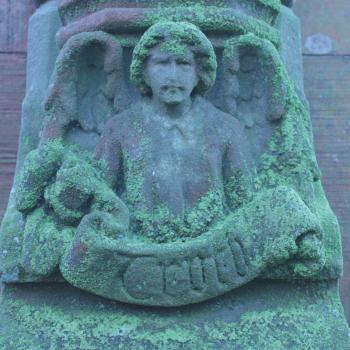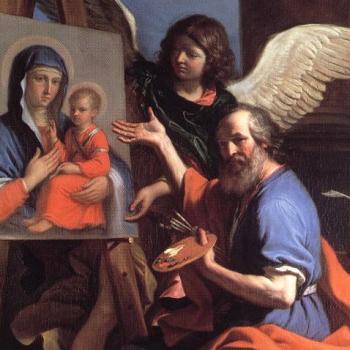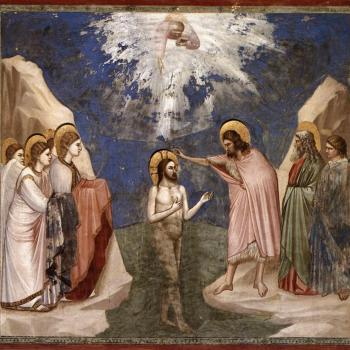The Christian faith is supposed to be one of good news. Sadly, the way many Christians speak to others, it seems to be anything but good news. Jesus came to save the world, not to condemn it (cf. Jn. 3:17); why, then, do so many Christians seek any and every way they can to condemn others in the name of the Lord? The good news has turned sour. The good news has become bad news as the proclamation of the... Read more

















